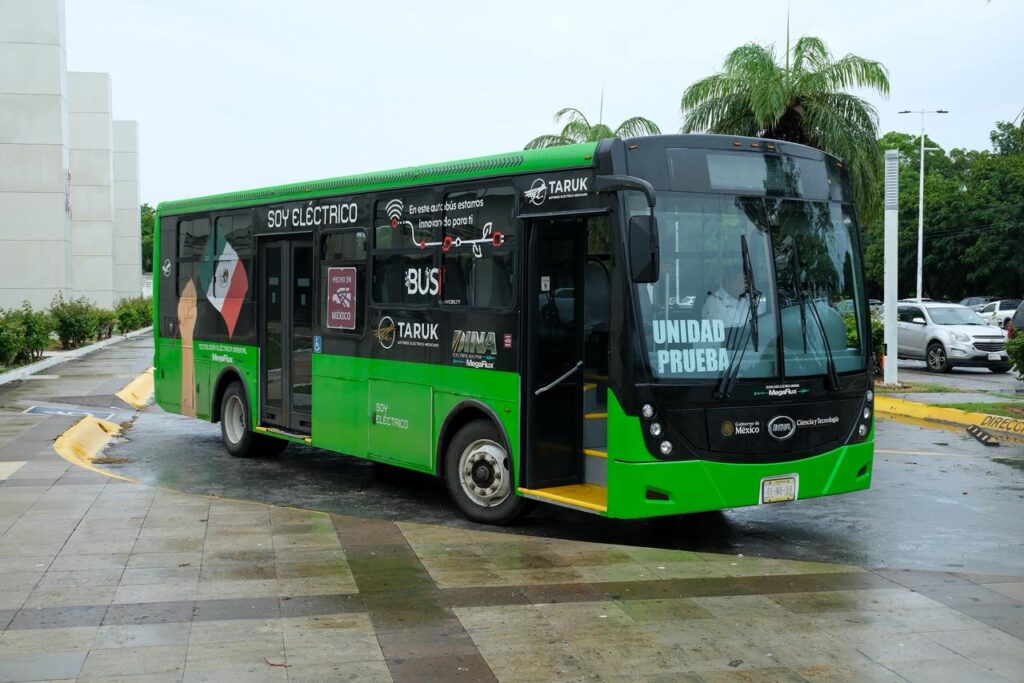Chetumal will have Mexico’s first comprehensive electric transport system, according to Economy Secretary Marcelo Ebrard.
The capital of the municipality of Othón P. Blanco, Chetumal is located in southern Quintana Roo, on the border with Belize. It has around 159,000 inhabitants and an economy based on the public sector, commerce, and local services.
Comprehensive electric transport system
During his appearance before the Senate, Ebrard said that President Claudia Sheinbaum made the decision to promote this project in Chetumal as part of the government’s strategy to further develop the economies of south-southeastern Mexico.
“We are going to build an electric transport system in the south-southeast, because permanent action is required for significant changes to also occur in that region of the country,” said the official.
In the last seven years, this region has been the scene of major infrastructure projects. First, the Maya Train seeks to connect five states in southeastern Mexico. Second, the Olmeca refinery in Dos Bocas, Tabasco, aims to strengthen the country’s energy sovereignty.
In addition, the Interoceanic Corridor of the Isthmus of Tehuantepec, which includes the modernization of ports and the construction of logistics infrastructure, seeks to boost trade and connectivity between the Gulf of Mexico and the Pacific Ocean. Finally, the Mitla-Tehuantepec highway improves connectivity between Oaxaca and the Isthmus of Tehuantepec, facilitating the transport of goods and people.
North American production
The comprehensive electric transportation system in Chetumal is receiving a lot of international attention. For example, there is a German credit line for electric public transportation that will participate in this project.
Ebrard pointed out that no city in Mexico has a 100% electric public transportation system. In fact, in Mexico, the United States, and Canada, it will be the first system manufactured in North America.
The Chetumal project will feature the first Mexican electric bus, called Taruk (roadrunner in the Yaqui language), co-produced by the Mexican companies DINA and MegaFlux.

